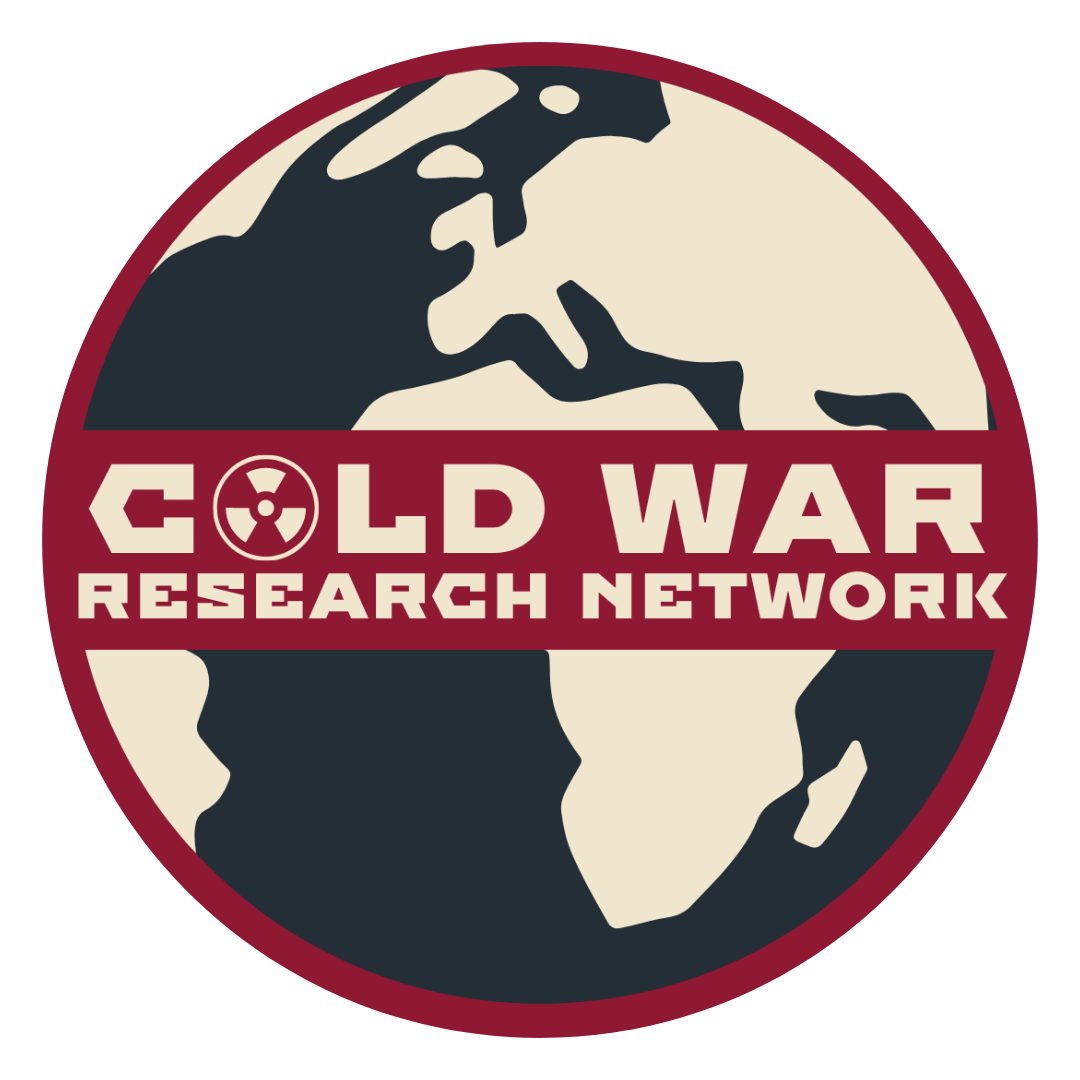The Cold War Through Expert Eyes

Dr. Cristina Blanco Sío-López
“I personally decided to specialize in European Integration History because it offers examples of many attempts and failures and experiments of how a continent could learn a process to save itself from itself. In this respect, this case stands as a paradigm of the acceptance of the need to be kind with oneself, beyond taxing…
Read more
Dr. Ruud van Dijk
”It’s the era in which I grew up. We didn’t consider that it could end, and then we thought it was over, which, it turns out, is incorrect also.”
Read more
Professor Emeritus Vojtěch Mastný
“Not only did I live through the entire Cold War and its aftermath, but I also earned a living by teaching and writing about it. My experiences in the country where I was born, Czechoslovakia, formed my decision to leave it behind when the Cold War’s incipient détente made what counted there as normal life…
Read more
Professor Dr. Sandrine Kott
”We should not forget that the Cold War was also a time of intense political debate in countries where there was a significant Communist Party, and a time when alternatives seemed possible.”
Read more
Dr. Esmaeil Haddadian-Moghaddam
‘‘For someone whose research focuses on Iran and the Middle East, the Cold War means living with a legacy which was externally imposed on Iran. The logic of the Cold War dictated that Iran’s progress be curtailed by the political Islam, a tragedy which has engulfed the region, and we continue to live with its…
Read more
Dr. Alessandro Iandolo
”A fascinating period to study, whose boundaries historians are constantly pushing.”
Read more
Professor Dr. Evanthis Hatzivassiliou
‘‘For a student of the Cold War, it is a multi-demensional conflict that reveals crucial aspects of the dynamics of international relations and the evolution of the systems of government; a crucial reminder that research can only be based on responsible, systematic and multi-archival research. But as an individual, the Cold War for me is…
Read more
Dr. Kona Swapna Nayudu
”As someone studying the Cold War from a historical International Relations perspective, I find that the Cold War amply demonstrates the inability of the system of states to function solely on the basis of great power politics – smaller powers and regional dynamics can often have a rebalancing effect on a body politic that seems…
Read more
Dr. Dario Fazzi
”I always liked to explore the “hot peace” side of the Cold War, that is, the widespread, popular mobilization that within and across the blocs supported the “politics of peace,” as Petra Goedde has aptly defined it, thus contributing to preventing a direct, open conflict among nuclear powers. I think that one of the most…
Read more
Professor Dr. Ioannis Stefanidis
”That in the world of great power struggles nothing should be taken at face value or for granted. What today looks strong and impregnable may tomorrow implode and disintegrate. Domestic cohesion and legitimacy are sometimes more important than vast military arsenals.”
Read more
